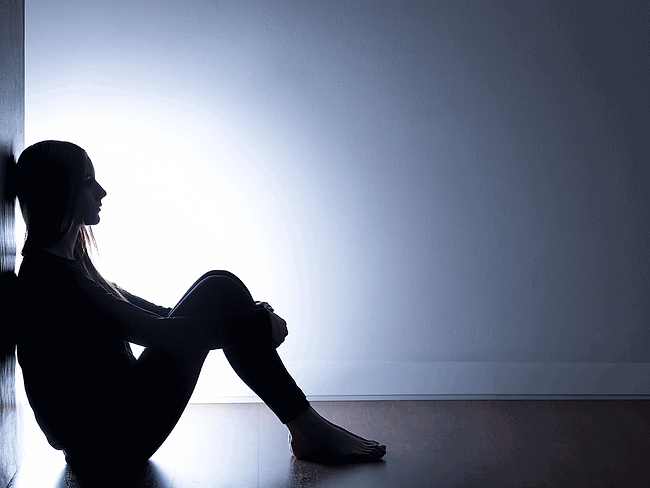
Articles Tagged with ''depression''
Neurology/psychiatric
Engrail Therapeutics reports compounds for treatment of depression, schizophrenia
Read MoreNeurology/psychiatric
New nonhallucinogenic neuroplasticity-promoting therapeutics reported
Read MoreNeurology/psychiatric





